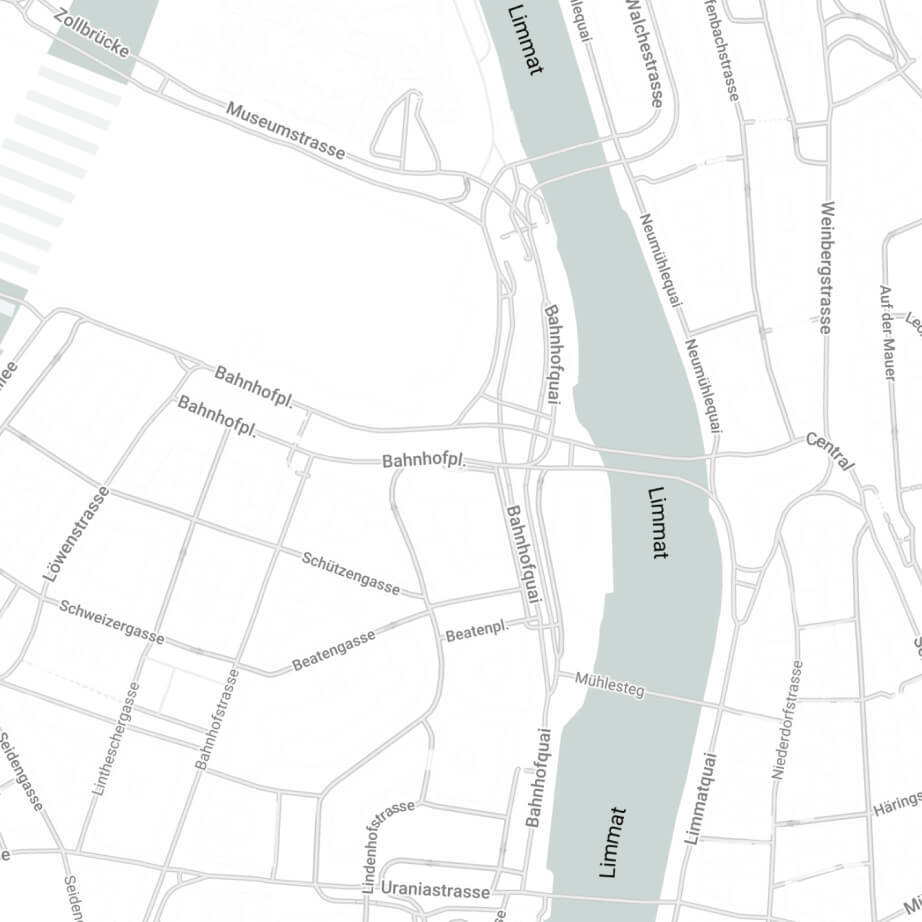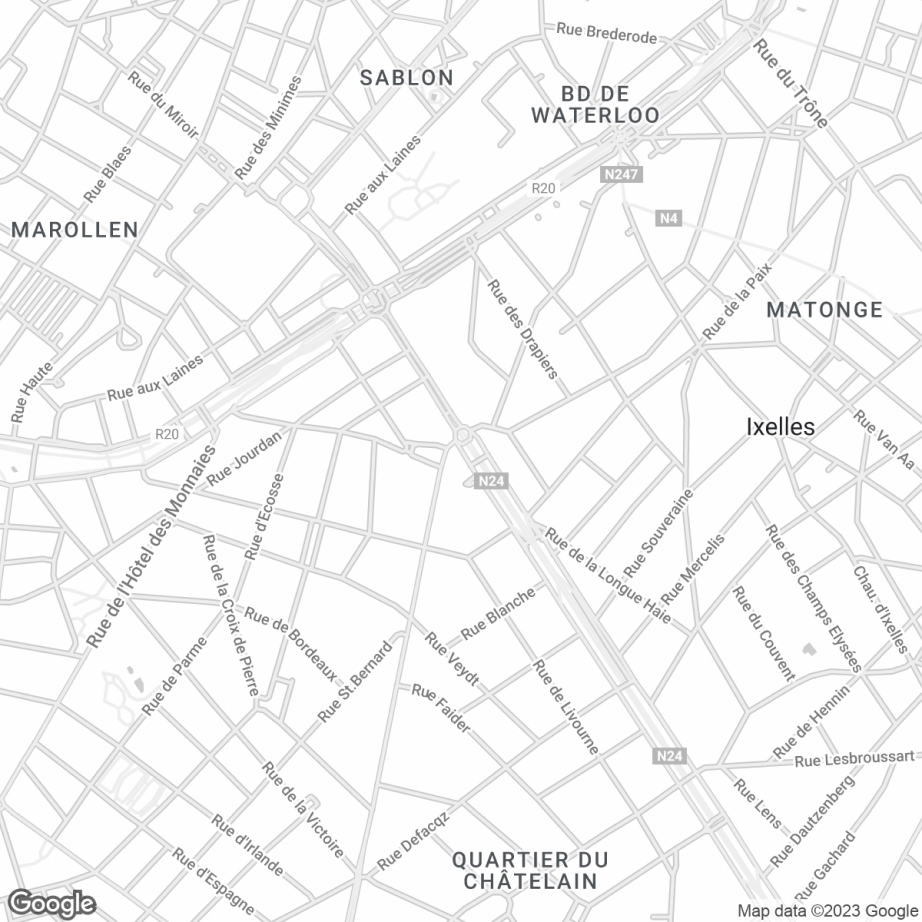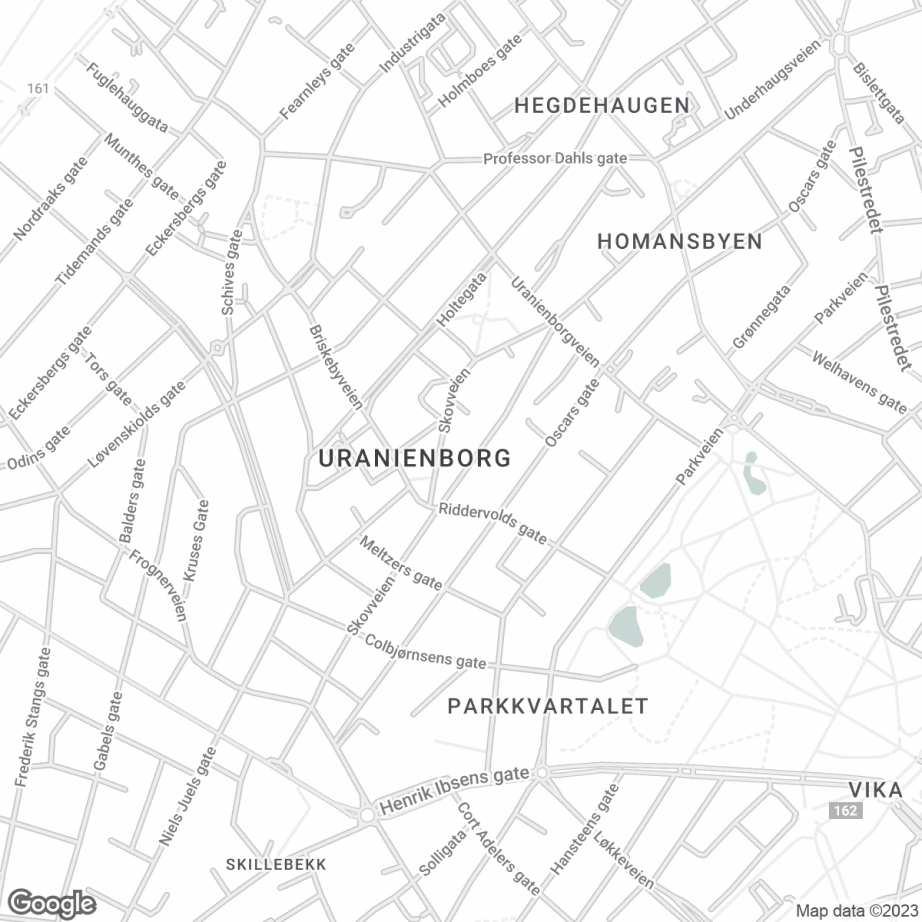On 28 March 2025, the long-serving former Head of Government of the Principality of Liechtenstein, Princely Councillor Hans Brunhart, a dear friend of our firm, celebrated his 80th birthday in excellent health with his family. During Brunhart’s time at the helm of government, which lasted from 1978 to 1993, the Principality took decisive steps in European and global politics. In November 1978, it joined the Council of Europe. On 18 September 1990, Liechtenstein became the 160th member of the UN. Brunhart’s most important legacy, however, is that he led his country into the European Economic Area (EEA).
From 1990, Liechtenstein took part in the negotiations on the creation of a European Economic Area. The EEA was to comprise the EC and its then twelve Member States Belgium, Denmark, France, Germany, Greece, Ireland, Italy, Luxembourg, the Netherlands, Portugal, Spain and the United Kingdom and the six EFTA states Austria, Finland, Iceland, Norway, Sweden and Switzerland plus the Principality of Liechtenstein. An initial success was that the country, which was not even an EFTA state, was recognised by the other 18 parties as an independent negotiating partner. On 22 May 1991, the Principality was admitted to EFTA, and on 2 May 1992, Hans Brunhart, together with representatives of the EU and the other EFTA states, signed the EEA Agreement and the Agreement between the EFTA States on the Establishment of a Surveillance Authority and a Court of Justice in Oporto. Liechtenstein had not only gained preferential access to the single market, but had also negotiated a quota system for taking up residence in the country. Veterans from that time, who also took part in other important projects, speak of the most complex negotiations of their lives.
On 12 December 1992, the EEA received a clear majority in the Principality with 55.8 percent of votes in favour. This was not a matter of course just one week after the Swiss ‘dimanche noir’ (Federal Councillor Pascal Delamuraz). The Swiss ‘no’ to the EEA meant that Liechtenstein was not in an easy situation. The Principality subsequently renegotiated its customs treaty with Switzerland and joined the EEA on 1 May 1995 following a second positive referendum. Since then, Liechtenstein has been subject to the party-neutral EFTA Surveillance Authority with its own College Member and the party-neutral EFTA Court with its own Judge. Both institutions ensure justice, legal certainty and stability, and both have shown understanding for the special situation of the small country at the Upper Rhine.
Following the dictum of 1970 by the then Hereditary Prince and current Prince Hans Adam II, Liechtenstein has thus stepped out of Switzerland’s backpack without jeopardising the close relations with its western neighbour. Liechtenstein provided the President of the EFTA Court for 15 years and is currently providing the Secretary General of EFTA. Hans Brunhart led the way. He always emphasized that in an international context the protocol status of a high protagonist did not depend on the size of the country he came from.
After the end of his life in politics, Hans Brunhart embarked on an equally brilliant second career in banking and business. But that does not diminish his great political merits in opening up his country, on the contrary. After his retirement from public life, the trained Germanist has remained a critical observer and mentor who understands the mechanisms of a single market better than most lawyers. Hans Brunhart is a statesman who recognised the signs of the times and acted accordingly. Anyone who sees how Andorra, which is twice the size of Liechtenstein, is treated by the EU and how the much larger Switzerland is fighting for its sovereignty will recognise the enormous historical achievement of the jubilarian.



